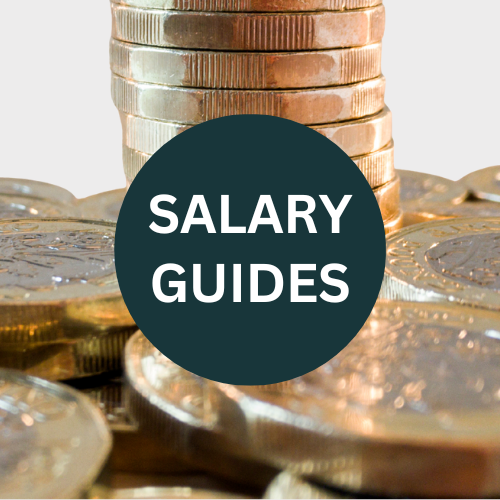How to seek advice from others as a CEO
February 18th 2022 | Posted by Dave
Successful CEOs understand the value of knowing which advice they should take and where they can find it.
This is an essential skill to have given that there is no shortage of opinions out there and learning to sort through the “noise” is not always easy.
There are steps that experienced CEOs take to ensure the advice they seek is appropriate and that they use it to their advantage. You can use these steps to assist you in making informed and accurate decisions in your career as a CEO.
Know what type of advisors, you have at your disposal
It may not always be obvious who your advisors are and what thoughts and opinions they have to offer.
Generally, there are three groups that potential advisors fit into:
- Official external advisors such as lawyers, accountants, and consultants. They are paid to give you the best possible professional advice, but this is often limited to a specific area of expertise.
- People from within your organisation or stakeholders. This can include colleagues, investors, clients, and suppliers. Successful CEOs know the importance of listening to advice from all levels of the organisation, and external stakeholders, but they also recognise that it has to be assessed in full context before final decisions are made.
- People in your personal sphere such as friends and family. They are more likely to have your personal interests at heart and can provide an interesting perspective.
Recognising where advisors are positioned, and what type of insight they can offer, is vital in optimising advice sources. Often, seeking a viewpoint from individuals from each advisor “group” helps to avoid ill-informed decision making.
Gain a deeper understanding of personal advisors
Choosing individuals within each advisor “group” is another skill that top CEOs hone to their advantage. Understanding different advisors, they have at their disposal makes it possible for them to do this successfully.
When you are choosing your advisor base, creating a database of individuals and their attributes is a valuable aid. Details to note about an individual may include:
- What relationship you have to them.
- How you know them.
- If they have any underlying interest in the decisions, you make.
- What their skills and knowledge sets are.
- Why you would approach them for advice and if your reasons are likely to produce unbiased and useful results.
- What sort of track record they have?
- What would happen if there was a difference of opinion between you and the individual?
Having this information at your fingertips helps you to determine the most appropriate source of advice at any given time.
Review all advice you receive and take time to make a decision
Seeking advice is only part of the story. CEOs who make optimal decisions do so after taking their time to consider the advice at their disposal before making a final decision. When you are determining the best path to take as a CEO, using tools such as decision trees, is helpful in organising your thoughts and the advice and different perspectives you have received from others.
Being organised, and taking time, makes it more likely that you will reach the most effective decision.
Recognise that you have the final say
The most respected CEOs know that they have the final say and the ultimate responsibility when it comes to decision making. Advice gives you a wider perspective, but this does not mean you should always take it. Sometimes, you have to trust your instincts.
It may be tempting to follow someone else’s viewpoint and pass on some of the blame if the end result is not as positive as expected but this is not the way to forge a successful career as a CEO. Top senior executives understand the value of seeking advice, that a wider view is essential for clarity, and that there are times when following their own instincts works best at the end of the day.
Seeking advice as a CEO is a process that involves understanding the advice sources you have at your disposal and which ones you should use in a particular situation. The process continues as you sort through the advice methodically and reach informed decision that is only yours to make at the end of the day.
If you are a senior executive looking for a new role, register with us. If you are an employer looking to hire into your leadership team, contact us.





